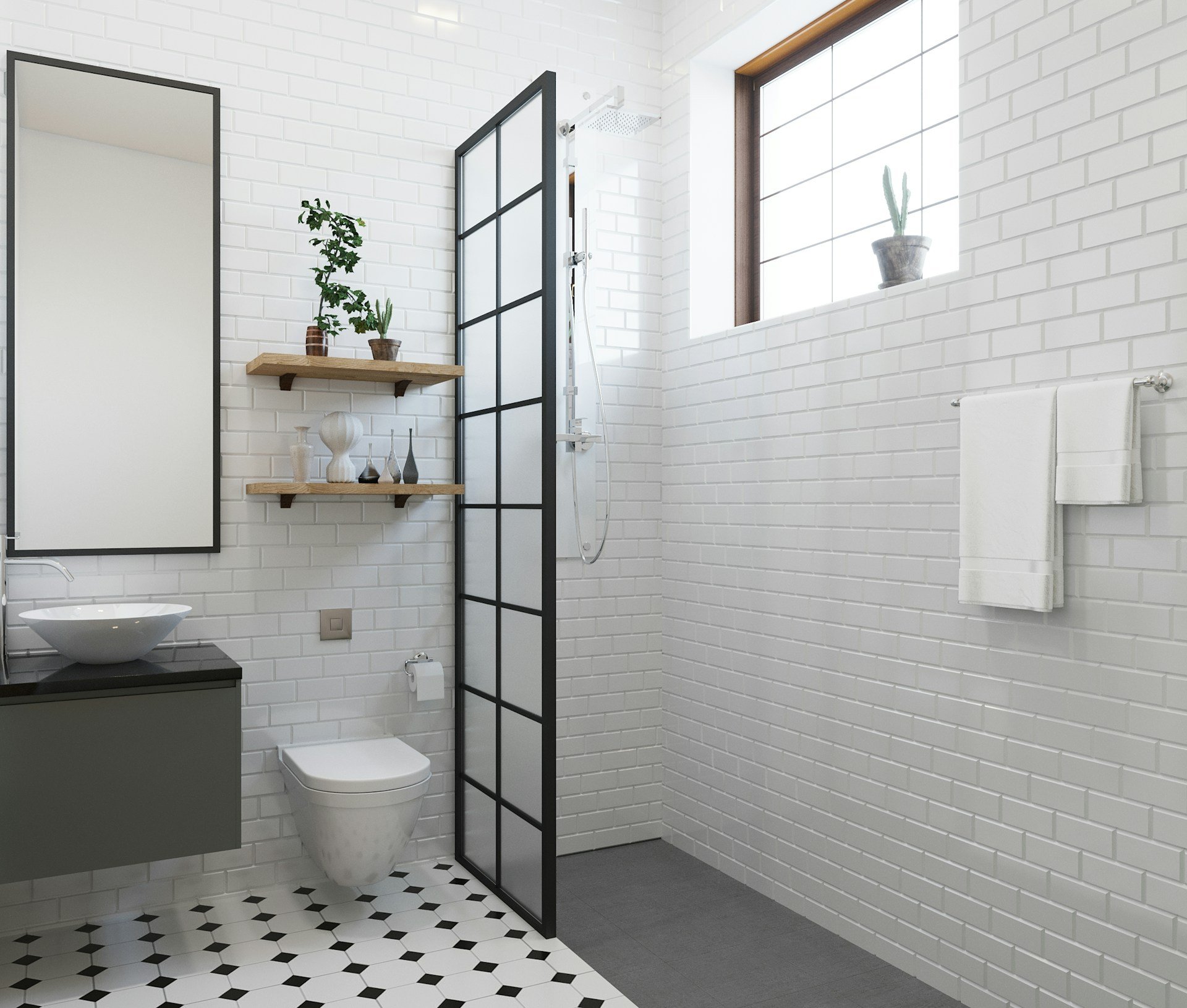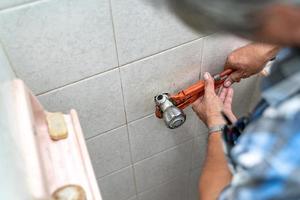Key Bathroom Plumbing Tips: Guidance for New Homeowner Needs to Know
Key Bathroom Plumbing Tips: Guidance for New Homeowner Needs to Know
Blog Article
The content directly below in relation to 6 Essential Plumbing Checks for New Homeowners is relatively remarkable. Give it a go and make your own ideas.

For new house owners, understanding and keeping washroom plumbing can save both time and money by stopping expensive concerns down the line. Below are some essential bathroom plumbing ideas to help you keep every little thing running smoothly.
Acquaint Yourself with the Key Shut-Off Shutoff
Knowing where the main water shut-off valve lies in your home is critical. This permits you to quickly shut off the supply of water in case of major leaks or throughout plumbing emergencies, preventing comprehensive water damage.
Frequently Check for Leaks
Little leaks can result in big problems. Regularly check under sinks, around commodes, and near plumbing components for any kind of indications of leaks. Look for wetness, tiny drips, or corrosion. Capturing and repairing leaks early can protect against extra significant damage and save water.
Don't Ignore Slow Drains Pipes
If your sink or tub is draining gradually, it's typically an indication of a blockage developing. Addressing this very early can prevent a complete clog. Utilize a bettor or a plumbing professional's snake to clear out particles. Prevent using chemical drainpipe cleaners as they can harm your pipelines gradually.
Know What Not to Flush
Bathrooms are not garbage disposals. Stay clear of flushing anything aside from toilet tissue and human waste. Items like wipes, womanly hygiene items, and cotton swabs need to be thrown away in the garbage to avoid clogs and drain backups.
Mount Strainers in Drains
Location filters in your sink and tub drains to capture hair and various other debris prior to they enter your plumbing system. Cleansing the filters routinely will aid prevent build-up and keep water streaming openly.
Preserve Your Water Heater
Ensure your water heater is set to a proper temperature (typically around 120 degrees Fahrenheit) to stop scalding and decrease energy use. Flush the tank each year to eliminate sediment accumulation, which can reduce the effectiveness and life-span of your heating system.
Upgrade Your Fixtures
If your home has older fixtures, take into consideration upgrading to much more reliable designs. Modern commodes, showerheads, and taps are developed to utilize much less water while providing great stress, which can considerably minimize your water costs and environmental footprint.
Be Cautious with Do It Yourself Plumbing Fixes
While it's alluring to handle all home repair work by yourself, beware with pipes. Some issues may require professional know-how, particularly if they include main water lines or sewer repair work. Employing an expert can often be extra cost-effective than DIY, especially if it stops more damages.
Plan For Winter
Shield your pipelines from cold during cold weather by insulating pipes in unheated locations like cellars, attic rooms, and garages. Throughout severe cold, let cold water drip from faucets offered by revealed pipelines to aid stop cold.
Arrange Routine Maintenance
Consider scheduling yearly examinations with a certified plumbing technician. They can identify problems that you might miss, such as hidden leakages or damage on pipelines and components. Routine maintenance helps expand the life of your pipes system and can stop emergency situations.
Final thought
Comprehending and maintaining your home's bathroom pipes can stop lots of common problems. By following these essential pointers, you can guarantee your restroom remains useful and reliable, saving you time and money in the future.
Essential Plumbing Tips for Homeowners: Keep Your Pipes Flowing Smoothly
As a homeowner, understanding the basics of your plumbing system can save you time, money, and a lot of headaches. Plumbing issues can range from minor annoyances like dripping faucets to major problems like burst pipes that cause significant damage. This guide provides essential tips to help you maintain your plumbing system and tackle common issues.
Understanding Your Plumbing System
Supply System: Brings fresh water into your home from a municipal source or a well. Drain-Waste-Vent System: Removes wastewater and vents sewer gases outside. Fixtures and Appliances: Includes sinks, toilets, showers, dishwashers, and washing machines. Basic Maintenance Tips
Regular Inspections: Periodically check for leaks, corrosion, and other signs of wear and tear. Look under sinks, around toilets, and near water heaters. Know Your Main Shut-Off Valve: In case of a major leak, you’ll need to shut off the water quickly. Ensure everyone in your household knows where the main shut-off valve is located. Prevent Frozen Pipes: In cold climates, insulate exposed pipes and let faucets drip during extreme cold to prevent freezing. Use Strainers: Install strainers in sinks and tubs to catch hair, food particles, and other debris that can cause clogs. Common Plumbing Issues and Solutions
Clogged Drains:
Prevention: Avoid pouring grease down the drain and use drain screens to catch debris. DIY Fix: Use a plunger or a plumbing snake to clear minor clogs. For stubborn clogs, a mixture of baking soda and vinegar can sometimes help. Leaky Faucets:
Prevention: Replace washers and seals regularly. DIY Fix: Turn off the water supply, disassemble the faucet, and replace worn parts.

Book A Service Call Report this page